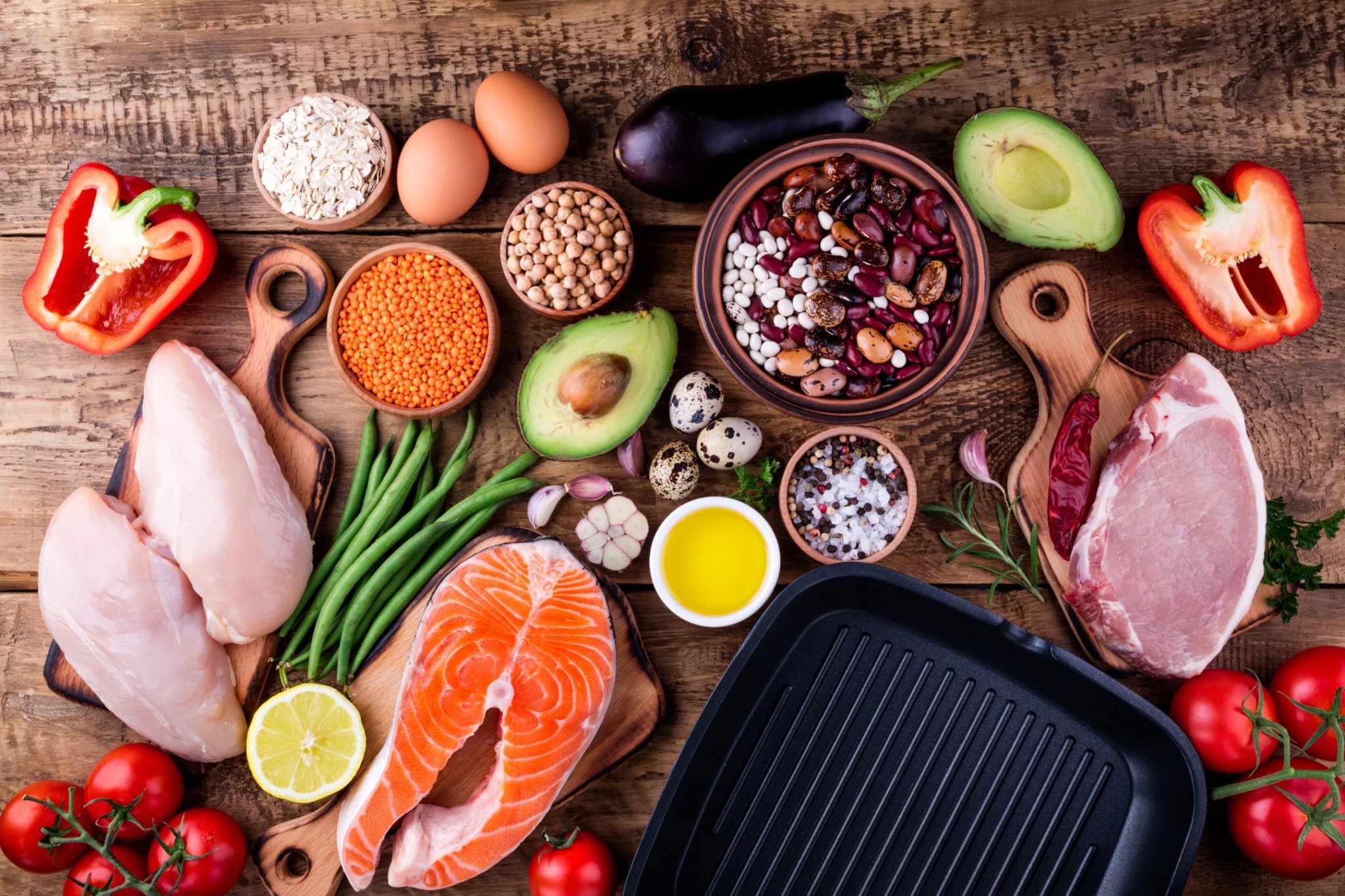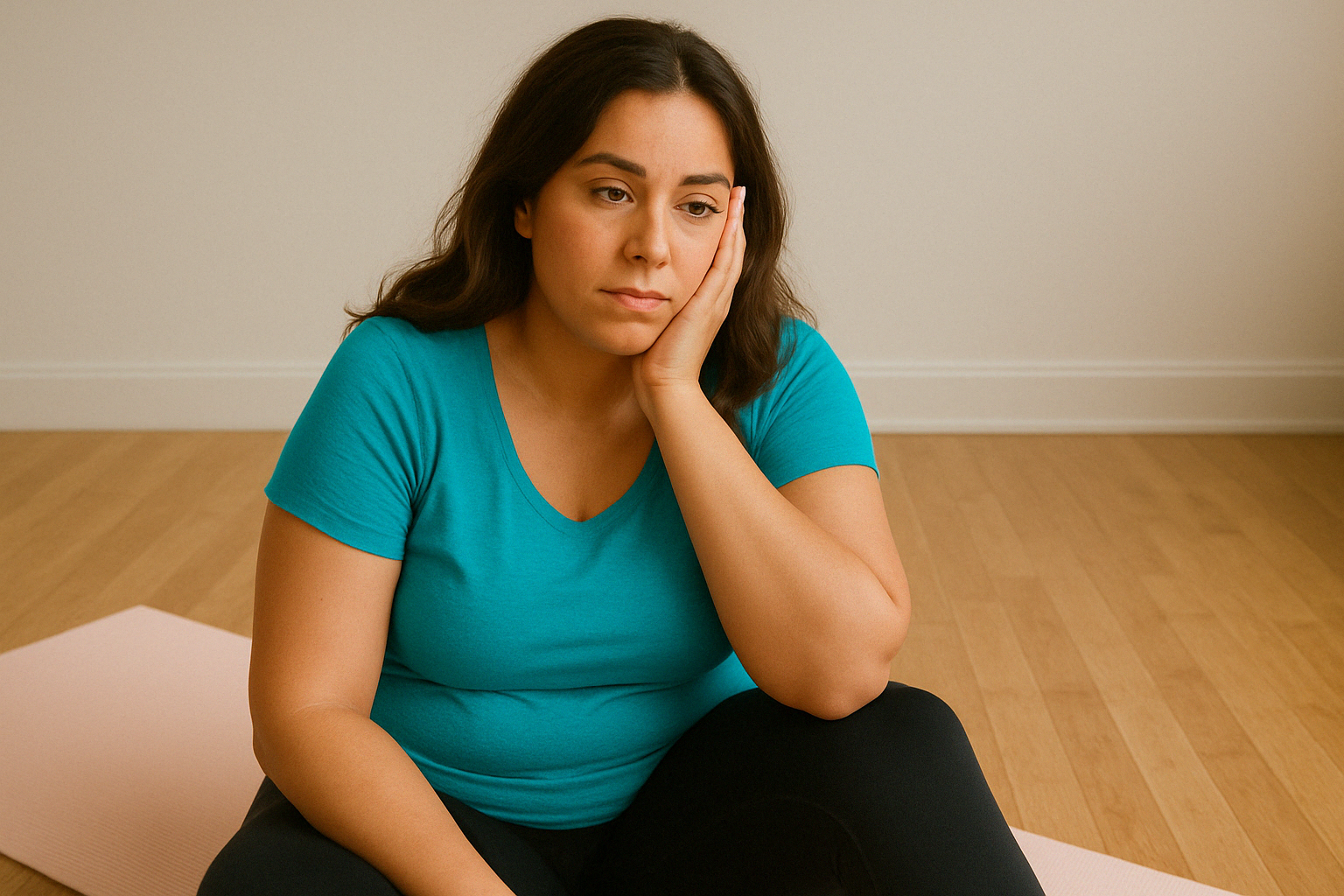Protein, along with carbohydrates and fats, is one of the three macronutrients that make our diets. You probably already know that protein is essential to a healthy diet, but you may be confused about how it impacts PCOS.
Why Protein is important for PCOS diets
Getting enough protein in your diet is important for lean PCOS and PCOS weight loss.
- Protein increases feelings of fullness which is important for PCOS since we are more likely to experience cravings and feelings of hunger because of hormonal imbalances.
- You must get enough protein to maintain and grow muscle mass. Muscle mass helps cysters fight PCOS-related insulin resistance and hyperandrogenism.
- You need protein to make hormones. If you are trying to balance your hormones, your body must have enough protein actually to make hormones.
How much protein does a PCOS diet need?
Tracking macros and calories for a week or two can be a good way to educate yourself, but it is not a sustainable way of life. If you are not interested in tracking exact numbers, take a look at my PCOS plate guide. It will help you eat more protein without doing math 🙂
.7-1 gram of protein per pound of body weight is a good goal to start with.
Researchers have been studying protein’s effect on human health for over 30 years, and it seems that consuming .7-1 grams of protein per pound of body weight is optimal for good health and getting the best results from your strength workout.
How much protein should you eat for PCOS weight loss?
If you have a lot of weight to lose .7 grams per pound of body weight might be too much protein to eat each day comfortably. If that is the case, you can use a different formula to help you set a goal that will help you shed fat while holding onto your PCOS-fighting muscle.
For weight loss, you could aim for 1-.1.5 g of protein per pound of fat-free mass.
Fat-free mass is your weight once you subtract your body fat. First, calculate your body fat percentage using a scale or a tape measure. The remaining percentage is your fat-free mass. So if you weigh 200 pounds and have 40% body fat, your fat-free mass is 60%. So you’d need 120-180 grams of protein.
1-1.5x (200 * 60%)
Ha, that’s more math than I have done in a while!
When should I eat protein?
Try to have some high-protein foods with every meal and snack. Eating at least some protein at every meal will help balance your blood sugar, thus reducing your hunger and cravings. How many meals you eat each day is a matter of personal preference. There is no one-size fits all meal schedule for PCOS, so find what works for you.
What types of protein are best for PCOS?
Different high-protein food offers different benefits, so it is best to use a wide variety of plant-based and animal sources. Here’s why…
Animal proteins are complete proteins, meaning they have all the amino acids needed to build muscle.
Minimally processed plant-based proteins like tempeh, tofu, beans, and lentils have heart health benefits and possibly improve ovulation. The Nurses Health Study II found that including plant-based protein in the diet resulted in a lower risk of anovulatory infertility, a common symptom of PCOS.
Different types of proteins can cause your body to produce different amounts of insulin. Red meat and dairy stimulate more insulin production than poultry, fish, and plant-based sources. So reducing your dairy and red meat consumption might reduce insulin resistance. You can read more about that here.
What about Protein Powder?
It’s best to get your protein from whole food sources but a no-sugar-added protein powder can help boost your intake if you are struggling. Watch this video to get my protein powder recommendations.
References
https://www.precisionnutrition.com/all-about-protein
https://www.instagram.com/p/BoYXlWTnJHs/?hl=en
https://www.ncbi.nlm.nih.gov/pmc/articles/PMC3066040/
https://pubmed.ncbi.nlm.nih.gov/15037413/








